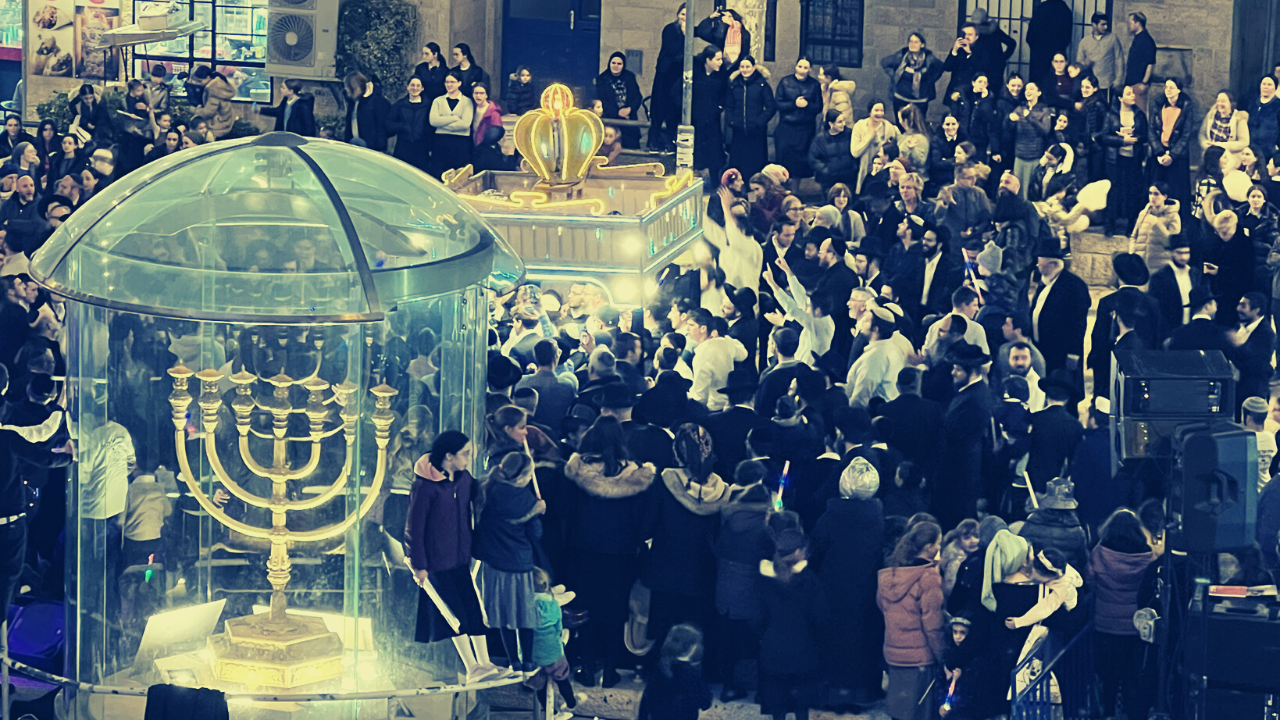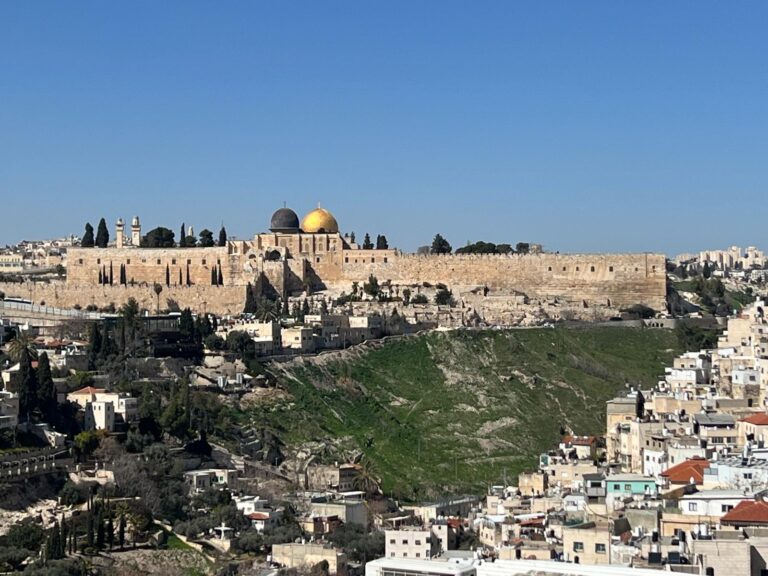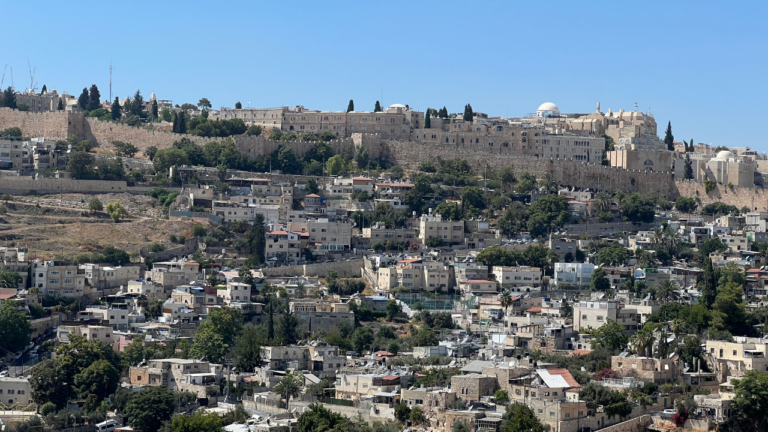The Soulful Freedom of Jerusalem
In our parsha the Jewish people finally leave Egypt and march towards freedom. This momentous occasion is commemorated every year in the Pesach seder when we act in ways befitting free people. One would think that the moment the Jewish people left the borders of mitzrayim they would be defined as “free-people”.
Interestingly, though, we find that the Rashbetz indicates that there is a deeper level of freedom that the Jewish people had not yet attained on that fateful 15th of Nissan. In his commentary to the Haggadah he records that there was an aphorism well known amongst the Jewish children of his time: “for this is the common phrase amongst the children forever: ‘Next year in Yerushalayim as free people.’”
These words teach us that in the popular perspective, freedom and Yerushalayim were intimately intertwined. The Jewish people may have left technical bondage when they crossed the border leaving Mitzrayim, but they only attained true freedom when they arrived at Yerushalayim several centuries in the future.
What is the unique connection between freedom and Yerushalayim? What does Yerushalayim add to the Jewish person such that true freedom can only be attained once the city is in Jewish hands?
Perhaps, one can suggest an answer to this question based on Rav Kook’s definition of freedom. In his essay “On Freedom” he notes that there are
The difference between the slave and the free man is not only one of status, in this case that the first is enslaved to another, whereas the second is not enslaved. [Rather,] the nature of freedom is the elevated spirit which uplifts man and the entire people to be true to his inner self, to the spiritual quality of God’s image within him, and in such a quality he can consider his life as worthy and purposeful. This is not so for one who has the attitude of a slave; the content of his life and feelings never correspond with his own spiritual qualities but only by what is beautiful and good in the other who rules over him in any way at all, whether officially or morally – with what this other sees as beautiful and good.
According to Rav Kook, freedom is the ability to live life according to one’s inner and innate truth. For a Jew this inner truth includes living a life of Torah and mitzvot as they are deeply encoded within the psyche of the Jewish soul. By contrast, a slave is a person who is not living in alignment with his inner-soul.
This is the reason that freedom can only be attained when the Jewish people reach Yerushalayim. When they left Egypt, the Jewish people were free from external bondage but did not yet have the capability or the tools to draw out their inner souls. It was only after the Torah was given and their arrival first in the Land of Israel and then in Yerushalayim that they were truly able to access and express their true inner identity and attain freedom. Yerushalayim is deeply embedded into the psyche of a Jew and therefore a Jewish person can only fully express his inner soul and be free when connected to our holy city.



